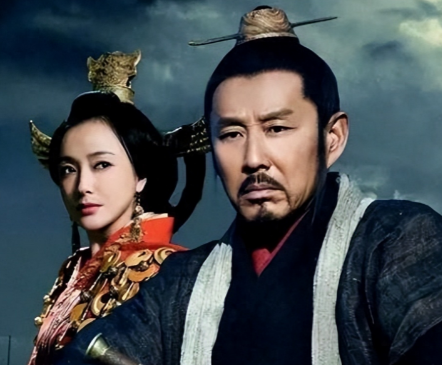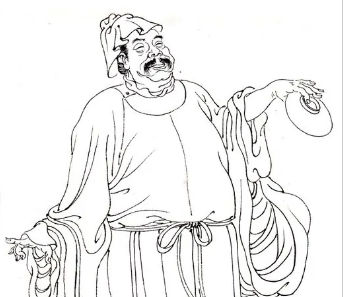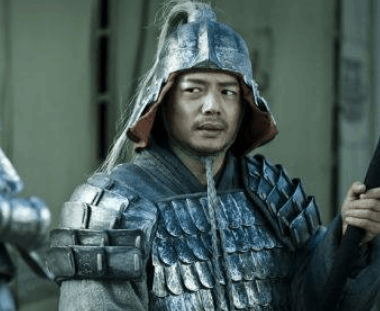In the rich vocabulary of Chinese, idioms stand out as treasures of linguistic art with their unique forms and profound meanings. Among them, those related to eyes not only describe visual phenomena, but also embody rich emotional and moral significances. This article will explore some beautiful-meaning idioms related to eyes and analyze their underlying meanings and stories.

1. "Mingmou Haochi" - Describing a Beautiful Appearance
"Mingmou Haochi" is an idiom used to describe a person's delicate and beautiful appearance, especially referring to a woman's bright eyes and white teeth. This idiom reflects the ancient people's pursuit and praise of beauty, often used to describe a woman's charm and elegance.
2. "Muxiang Rugu" - Describing Sharp Eyesight or Far-reaching Vision
"Muxiang Rugu" is used to compare a person's keen eyesight, able to discern the essence of things, or describe a person's profound knowledge and foresight. This idiom is often used to praise someone's extraordinary insight and forward-looking.
3. "Jiongjiong Youshen" - Describing Bright and Lively Eyes
"Jiongjiong Youshen" refers to bright and lively eyes, usually used to describe a person's energetic and vigorous state. This idiom conveys a positive life attitude and mental state.
4. "Huiyan Shizhu" - Describing the Ability to Distinguish Right and Wrong, Truth and Falsehood
"Huiyan Shizhu" means having wise eyes that can identify pearls, used as a metaphor for someone's ability to distinguish right and wrong, truth and falsehood. This idiom emphasizes the importance of wisdom and judgment, affirming a person's intelligence.
5. Conclusion and Reflection
Through these beautiful-meaning idioms related to eyes, we can not only feel the profound foundation of Chinese culture, but also understand the ancient people's esteem for moral character, wisdom, and beauty. These idioms are not only artistic expressions of language, but also carriers of cultural inheritance. They are widely used in our daily lives, enriching our communication and expression.
Conclusion:
The eyes are not only an important organ for humans to perceive the world, but also a window to emotions and wisdom. The auspicious idioms related to eyes not only describe a person's appearance and inner qualities, but also convey positive values and life attitudes. The existence of these idioms allows us to appreciate the beauty of language while feeling the profound and extensive nature of Chinese culture.
Disclaimer: The above content is sourced from the internet and the copyright belongs to the original author. If there is any infringement of your original copyright, please inform us and we will delete the relevant content as soon as possible.































